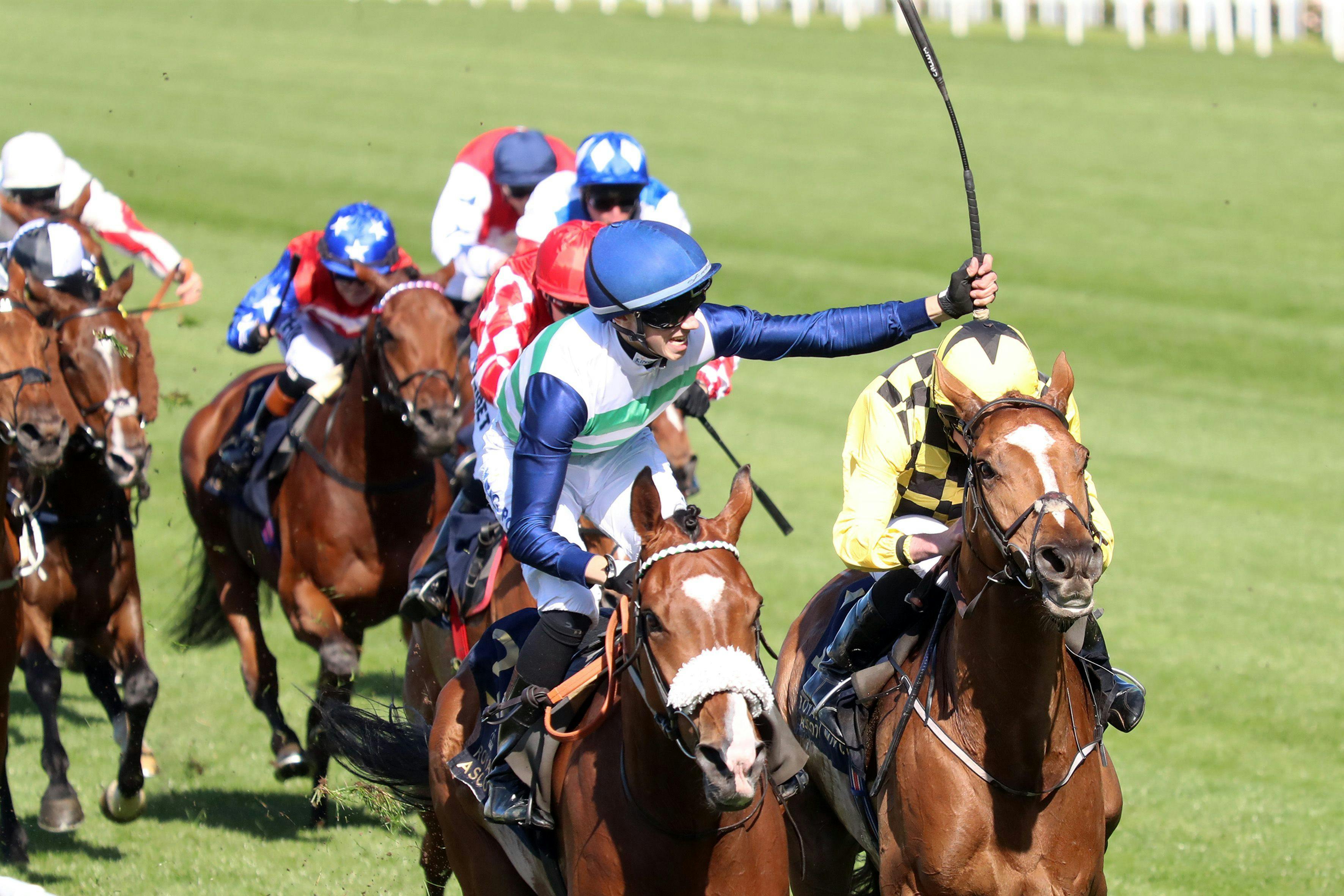Is a jockey change enough reason to avoid betting a horse?

(Photo by Harold Roth/Horsephotos.com)
Let’s face it: horseplayers like to discuss jockeys. They want to know who the hot jockey is riding, and whether an unraced horse is debuting with a Hall of Fame rider or an apprentice in the saddle.
Good and bad rides are discussed by horseplayers to no end on social media, and jockey statistics are common to help bettors identify the most successful riders. When a high-profile jockey takes over riding a horse, bettors sit up and take notice.
But have you ever wondered if a jockey change is ever enough reason to avoid betting a horse? That, readers, is a multifaceted question without a one-size-fits-all answer.
Why would a jockey change be negative?
Analyze enough races, and you’re bound to come across seemingly negative examples of jockey changes. Say a turf horse has been ridden in his last five starts by a jockey who wins at a 25% rate on turf, and now a jockey with a 5% turf win rate is named to ride. Or maybe an elite jockey has chosen to ride one horse over another in a coveted race like the Kentucky Derby (G1); surely bettors should downgrade the chances of the horse the jockey rejected?
While horses are the most important factor in handicapping any race, many bettors look toward jockey statistics to strengthen their opinions and separate top contenders.@J_Keelerman helps you understand rider stats 👇 https://t.co/asGyQ1e0YO
— TwinSpires Racing 🏇 (@TwinSpires) October 20, 2021
The list goes on and on. A horse is changing from a jockey with a 30% win rate to a jockey who has lost 90 consecutive races. A horse is switching from a veteran jockey to an apprentice with only 70 career rides and two victories. A horse is picking up a jockey who hasn’t won for the trainer in the last two months.
Each of these examples could be interpreted as a reason to avoid betting the horse in question. But is that the right strategy? Not necessarily.
Seemingly negative jockey changes aren’t always negative
Let’s take a contrarian view of negative jockey changes and place the five examples listed earlier in a positive light:
- A jockey with a 5% win rate on turf does win one out of 20 turf rides. And a jockey can’t have success without opportunity; in today’s age of diminishing field sizes, it’s hard for many jockeys to secure live mounts, lowering their win percentages and further limiting their opportunities.
- Jockeys (and their agents) don’t always choose the right horse. Hall of Fame jockey Eddie Arcaro famously chose to ride Devil Diver instead of Shut Out in the 1942 Kentucky Derby; Devil Diver finished sixth as Shut Out claimed top honors.
- Sometimes jockeys endure long losing streaks, causing them to fall out of favor with bettors and trainers. Opportunities for better-than-warranted payoffs can arise when a cold jockey winds up on a live mount.
.@J_Keelerman explores horse racing’s ROI stats and defines how they’re calculated...
— TwinSpires Racing 🏇 (@TwinSpires) February 10, 2022
This is one you won't wanna miss 💸 https://t.co/7AUoI1uFbc
- Apprentice jockeys lack experience compared to veteran jockeys, but they also ride with weight allowances. A horse carrying seven fewer pounds than its rivals might find the edge it needs to win.
- Just because a jockey and trainer haven’t won together lately doesn’t mean they won’t win today. Maybe the stable’s go-to jockey is out of town riding in a major stakes, causing the trainer to team up with a different jockey than usual. Or maybe the horse you’re analyzing is shipping away from the trainer’s home base, and an accomplished local jockey is taking over the mount.
You’re bound to come across examples of jockey changes that don’t look encouraging at first glance, and you may choose to play a different horse and jockey. But remember, those seemingly negative changes can lead to enticing odds. A jockey is only as good as his or her mount, and if you believe a horse is the most likely winner, your reward for betting against the grain of jockey stats might be a lucrative payoff.
ADVERTISEMENT



